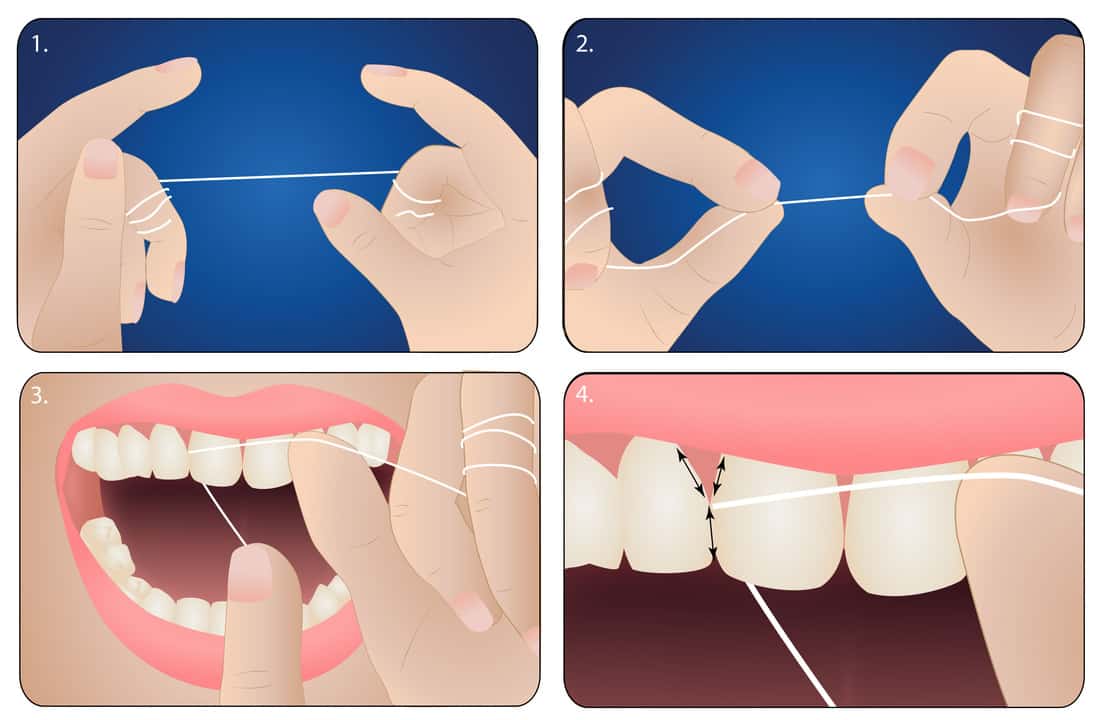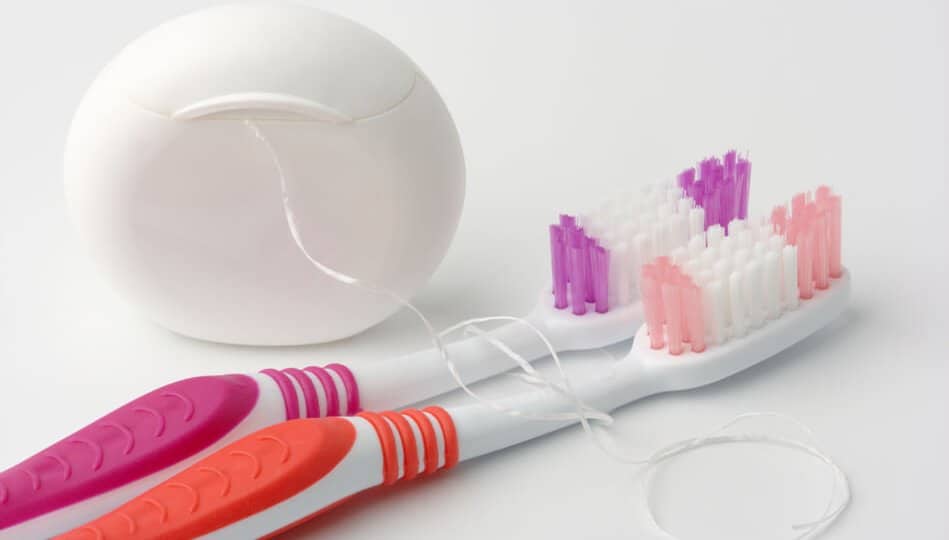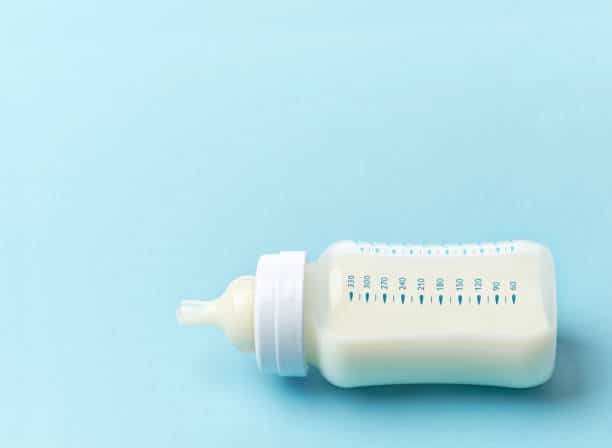Everyone wants a bright beautiful smile which is why a good oral hygiene routine is so important! Poor oral hygiene can lead to dental and medical problems such as gum disease, bad breath, bone loss, infections and heart disease. You can prevent these issues with regular cleanings and exams and good oral hygiene habits.
These are 10 tips that Dr. Dhaliwal recommends to promote better oral hygiene.
One: Floss More for Better Oral Hygiene
When flossing make sure to use a piece of floss about 18 inches long. Wrap the floss tightly between your middle fingers of each hand. Gently guide it in-between your teeth. When the floss reaches the gum line, curve it into a C and wrap it around each tooth. Gently rub it up and down. Switch to the adjacent tooth and wrap it around the tooth in a C shape again. Gently lift the floss out of the contact and repeat for each tooth. Don’t forget to floss each end of the tooth even if it doesn’t have an adjacent tooth next to it.

Two: Brush Properly
When you brush place your toothbrush at a 45 degree angle against your gum. Start at your gums and move the toothbrush gently back and forth in short, tooth wide strokes. Make sure you get every surface of the tooth. Replace your toothbrush every 3 months or when the bristles start splaying.

Three: Don’t Forget the Tongue
Plaque can accumulate on your tongue causing bad breath. This plaque can easily be removed with a tongue scraper or with a tooth brush. If the plaque is difficult to remove consult your dentist.
Four: Drink More Water
Fluoridated water can decrease cavities. Drink water with meals or after eating and drinking sweet treats to help wash away the sugar. Sipping water throughout the day can also help prevent cavities in patients with dry mouth.
Five: Use Mouthwash After Brushing and Flossing
An antimicrobial mouthwash can help decrease the bacteria in your mouth. Mouth rinses with fluoride can also help decrease your chances of decay. Mouth wash may not be recommended in children under six due to their inability to spit properly.
Six: Don’t Go to Bed Without Brushing Your Teeth
Whatever you eat or drink will stay on your teeth for hours if you don’t brush before bed. Brushing and flossing before bed allows for hours of a clean mouth and leads to improved oral hygiene.
Seven: Use a Fluoride Toothpaste
A fluoride toothpaste will help remineralize teeth and decrease the chances of cavities. There are many toothpastes on the market so discuss with your dentist which one is right for you.
Eight: Do Not Use Tobacco Products
Tobacco products can accelerate bone loss, cause bad breath and can lead to oral cancer. Smokeless tobacco can change the composition of your tissue and can lead to oral cancer as well. Visit https://smokefree.gov/ if you need help quitting.
Nine: Use a Straw
Sugary drinks can cause cavities. Dark drinks can cause staining. Use a straw to decrease the contact between the drinks you consume and your teeth. This will improve your oral hygiene by decreasing the chance for cavities and staining.
Ten: Visit Your Dentist on a Regular Basis
It is important to get your teeth cleaned at least every 6 months. Even if you have no natural teeth or have dentures be sure to visit your dentist regularly. The dentist not only checks your teeth and gums for any diseases but performs important exams on all the other tissues of your mouth such as oral cancer screenings.







